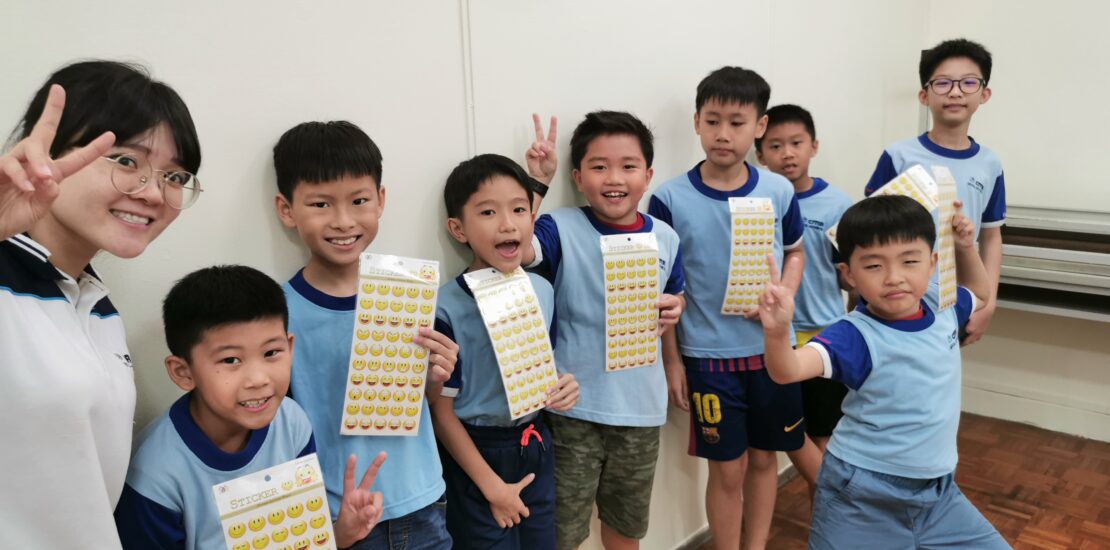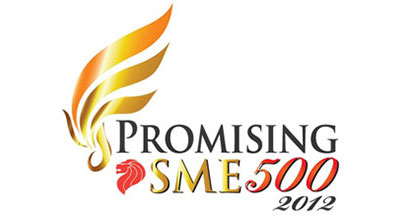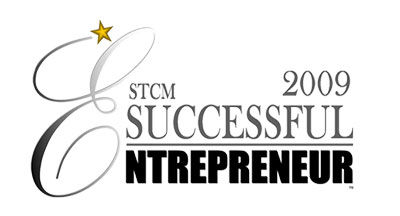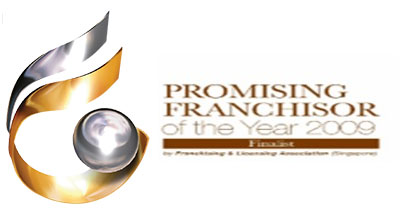- August 8, 2017
- Posted by: webmaster
- Category: Blog

Is it possible to train a naturally lively and energetic child to concentrate while having fun in CMA?
In our line of work, we see many parents struggling to instill discipline and focus in their children. Phrases/Feedbacks like:
“I’ve tried everything – from rewards to punishment – but my son just won’t sit still and focus.”
“Every day I feel like I am begging or threatening my daughter to concentrate on completing her homework.”
In general, young children are active and energetic. You will see them running around at home, public places, and in school especially when their peers are around them. Most young children are easily distracted and/or loses focus easily, it therefore becomes important to train their level of concentration and discipline to give them a sense of direction and purpose.
Researchers and educators have long championed that having a sense of direction and purpose instills in children an internal drive that motivates them to achieve a goal on their own. Note the key words are “internal drive” and “on their own”. The true test of discipline and focus is a child’s ability to execute tasks willingly on their own, without compelling them to do so.
I believe that parents and teachers can work together to build discipline and focus in our children by providing a suitable environment for our young ones to learn the need for such soft skills independently. Children need encouragements to know the things they did right and they should be rewarded accordingly for it. Using a soft skill effectively does not come overnight. It comes from overcoming failed attempts. A good motivator is important to get them back on track, just like how an adult bird encourages its hatchlings to fly after birth. That motivator starts from you.
The teachers of CMA are trained to give their undivided attention to every student in answering their emotional and learning needs. They are also trained to affirm students when they execute a task to the best of their ability. These are examples of what they do to increase the students’ interest and effectiveness. At CMA, we create a learning environment that allows students to experience what it is like to stay disciplined and focused in achieving the results they want ultimately through mental arithmetic.
In a study by the University of Chicago (“Mental abacus”: The Effect of Abacus training on Chinese Children’s Mental Calculation) on the effects of abacus training on children’s mental calculation, the researcher recognized, among many other things, that one of the inherent power of the abacus is how children with abacus training spent time practicing mental calculation – pointing to the positive effect abacus training can have on children. The mental exercise is the key in which children develop discipline, focus, concentration and willpower in addition to soft skills that are desirable and necessary for children to succeed in both academics and normal daily lives.
Most parents relate abacus mental arithmetic to mathematics academics studies. This is usually the case as most individuals link abacus mental arithmetic with calculation. What is more important is that abacus mental arithmetic instills discipline and focus through class work, homework, abacus and the relevant mental exercises involved.
So, when a child puts in effort by completing his homework within a given time frame, even when these tasks gets repetitive, the progress that he shows through improvements in his speed and understanding of the methodology helps to propel his confidence level in handling future assignments. It may be a chore for some, but when used and adopted properly, the child learns that staying focused is a must to get the task completed and staying disciplined allows them to complete it efficiently.
At the end of the day, what is important when building discipline and focus in our children is the sense of accomplishment they get from getting something done independently. Nurturing soft skills takes time, it requires repetitive processes to nurture it well. CMA’s curriculum allows such processes to take place naturally in the student’s learning programme. When a child is able to experience and realise that they can accomplish something on their own as the result of them being focused, they naturally develop a habit of self-motivation. This is another desirable soft skill that your children will get to pick up.
The additional benefit of CMA’s Dual-Hand 4-fingers methodology in training a child’s ability to focus and concentrate lies in the nature of its activity. Unlike other activities, the accomplishment from solving a simple arithmetic problem within seconds begets positivity and happiness in a child’s mind. This positive feedback is a very powerful motivator that enables a child to enjoy the process of studying.
Start building your child’s discipline and focus through by CMA clicking here
Or contact us so that our representatives can tell you more about our programmes for all ages!
Published on 8th August 2017
Awards













